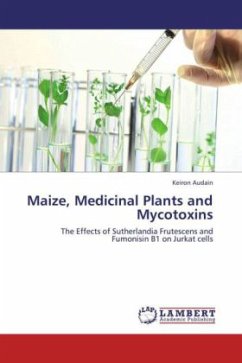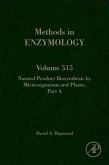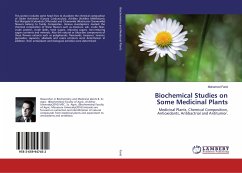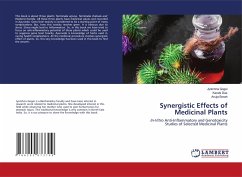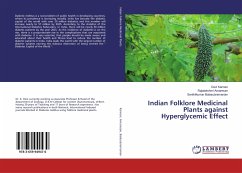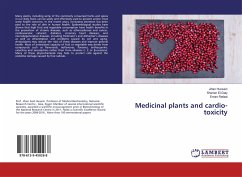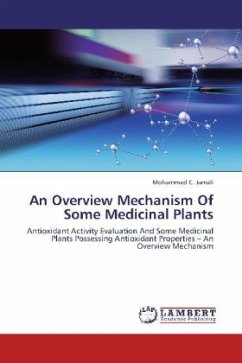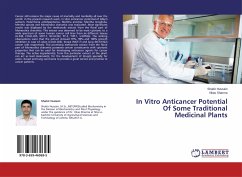The medicinal plant Sutherlandia Frutescens (SF) is commonly used in South Africa, and its popularity stems from its use as a cancer treatment. It is also endorsed by the South African Ministry of Health as a supplementary treatment for HIV and AIDS. Maize is the staple crop of South Africa, and can be frequently contaminated by the mycotoxin Fumonisin B1 (FB1). Although little is known about its role in human disease, FB1 has been epidemiologically linked to oesophageal cancer in South Africa. Both SF and FB1 have been shown to promote apoptosis, yet the effect(s) of consuming both in combination is currently unknown. The aim of this study was to determine whether SF and FB1 had either synergistic or antagonising effects in combination, by investigating immune cell toxicity in Jurkat cells. Apoptotic parameters such as caspase activation, mitochondrial depolarisation, phosphatidylserine (PS) externalisation and ATP quantification were analysed. Oxidative stress parameters were also investigated. The results suggest that SF induces apoptosis, characteristic of its nature as an anti-cancer treatment, and FB1 induces oxidative stress, characteristic of its carcinogenic properties.
